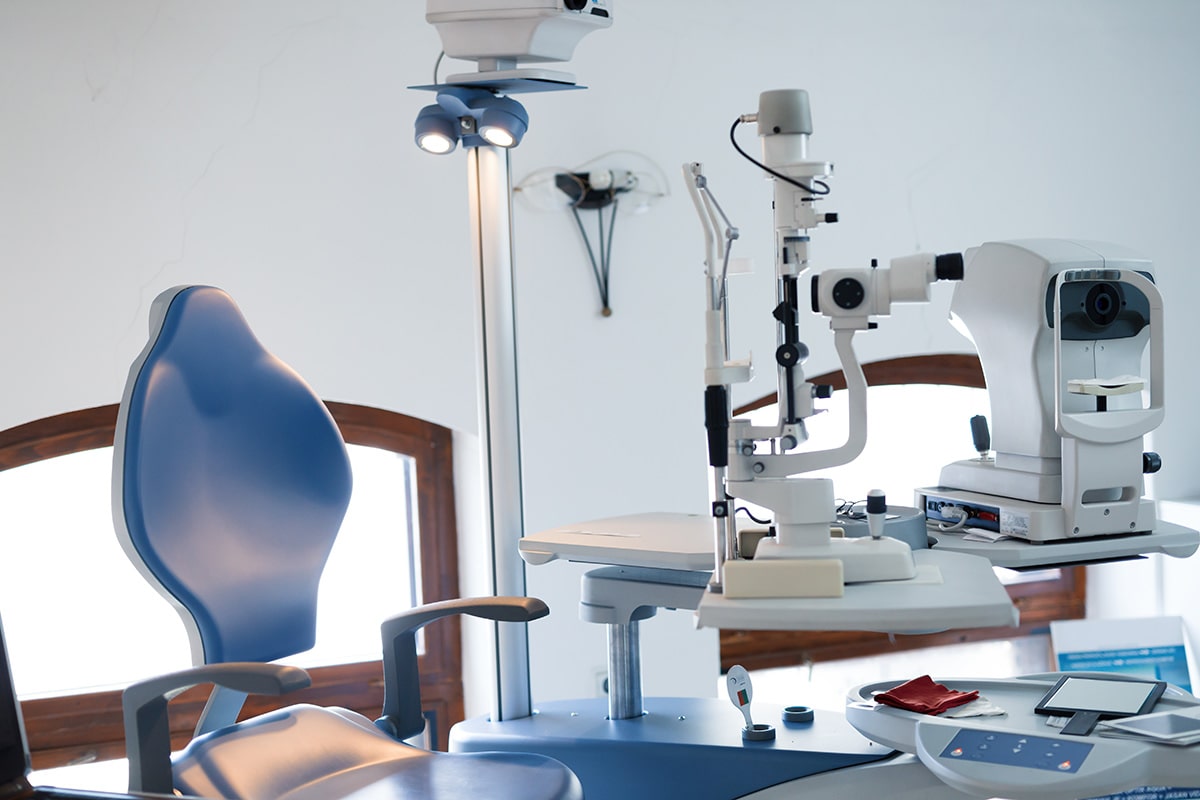The open-source world we live in provides nearly all the information regarding any subject. LASIK is no different. The data around this surgery has a prominent online presence. It might seem like a boon for people who want to get it done. But when you finally sit back and surf, the sheer volume of information is overwhelming. You might end up giving a lot of time for nothing. We want to help out through this article, and it will provide you with an idea about where and for which you should start your research.
Let’s talk about LASIK first
Laser-assisted in situ keratomileusis is an alternative to glasses or contact lenses. This procedure permanently reshapes the tissue in the front of your eye (cornea) to improve vision. When the light fails to focus on your retina the way it should, your vision turns blurry. It is called “Refractive error” in medical terms. Some of its basic types include
- Nearsightedness (myopia)
- Farsightedness (hyperopia)
- Astigmatism.
Such type of vision errors can get corrected by LASIK treatment. The particular type of cutting laser surgery is not painful and has a 96% patient satisfaction rate. The latest research also indicates a 99% success rate in achieving 20/40 vision or better.
As good as it looks, LASIK surgery, however, is not for everyone. Talk and discuss out well with your doctor whether LASIK is right for you. In general norms, you should not undergo surgery if you :
- Are younger than 18 (it is a safe age to assume your eyes are completely developed)
- Are pregnant or nursing
- Take certain medications
- Have a lot of recent changes to your vision prescription
- Have thin or uneven corneas
- Have eye conditions such as glaucoma or very dry eyes
- Have other health issues such as diabetes, lupus, or rheumatoid arthritis.
Naturally, if you’re here, you might be aware of the basics involved since you’ve decided upon LASIK surgery after research suiting your needs and resources. Finding the right-center for the process becomes even more critical. Here are phases you can follow.
Learn about the surgery-process
Learn as much as you can about laser vision correction from trusted sources. Start by looking up an overview of the procedure. Your search can include,
• What is LASIK Surgery?
• Why is it done?
• LASIK Eye Surgery Benefits and Risks
• LASIK Eye Surgery Side Effects
• How Should I Prepare for LASIK Eye Surgery?
• What Happens During and After LASIK Eye Surgery?
Understand different types of LASIK and how they work. This helps you build an analyzing power over the concept of LASIK. You would know about the potential benefits and drawbacks of each type. The more informed you get, the better decisions you’ll make. Knowing the facts will ensure your comfort as you move ahead in your journey. And that you make a wise choice while investigating sources that are not neutral.
Research, based on your location
Now that you have a grip on LASIK, you can search about specific providers in your area. There are surgeon locators and directories available for your help. Either sit with Google to search for LASIK providers in your city, town. Search results can include names of nationwide service, independent doctors, a mix of both. It will depend on your location. Next, you visit these providers’ websites to mark down points that attract you, and you want to invest. For instance, you should consider following for selection of center and surgeon,
• Technologically advanced: Tools and apparatus used are as necessary as the surgeon. Presently the centers should be equipped with both excimer laser as well as femtosecond laser to offer LASIK, Femto-LASIK (bladeless LASIK), and ReLex Smile laser vision corrections. Different LASIK technologies costs different, consult your surgeon to find out which procedure is best suited for you.
• Good Infrastructure: The surroundings and facility should be top-class and hygienic for a comfortable and safe treatment.
• Experience, Training, and Certification: Only well-trained eye surgeons can perform a LASIK safely and accurately in the first attempt! Your surgeon must be a certified corneal surgeon with credentials of LASIK fellowship. It’s essential to look for someone who has spent at least 1 to 2 years in internationally reputed fellowship training centers, with experience of at least 10 to 15 years.
• Owns center or travels as well: Find out whether surgeons perform and practice only at their clinic or visit other centers too. A surgeon with their center and machines are likely to be more experienced as they perform enough procedures to support a center they own.
Take advantage of the information you gather from websites. Based on what you collect and study in this step, you’ll be able to pick 2 to 3 specific providers to investigate further.
Time to get personal
A right LASIK surgeon makes a good LASIK center. Finalizing a center is about finding the right surgeon too. Thanks to social media, you don’t have to wait for one-on-one meets to get word-of-mouth recommendations. See and contact your prospective providers through social media platforms.
• Read threads of compliments or complaints from patients. Read doc reviews.
• Get referrals from friends and family who have undergone LASIK before.
• Get referrals and details about your condition from your regular eye care practitioner.
• Interview your doctor, clear doubts, and ask questions.
• Determine your insurance benefits.
Since the procedure was established in 1974, thousands of doctors have served millions of patients. Today, in social media and the internet, massive information available regarding this subject is ever increasing. Simple doubts, small FAQs, treatment suggestions, and much more are just one click away. However, when it comes to real-life action, making real choices will keep you safe. Getting personalized assistance and care is extremely necessary for your well-being. Make sure you get in-person consultations with the providers you’re seriously considering.







